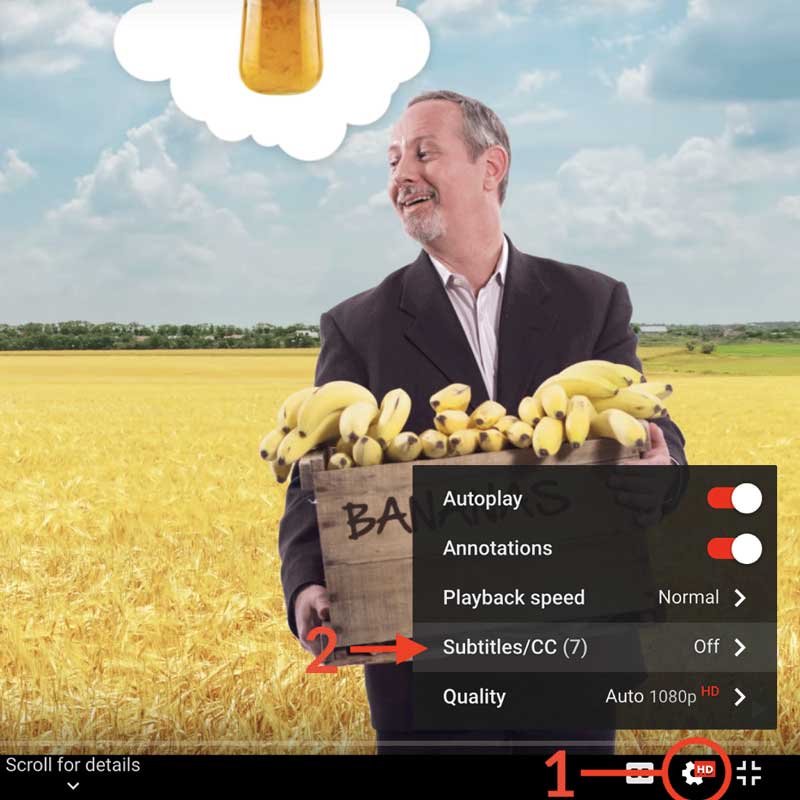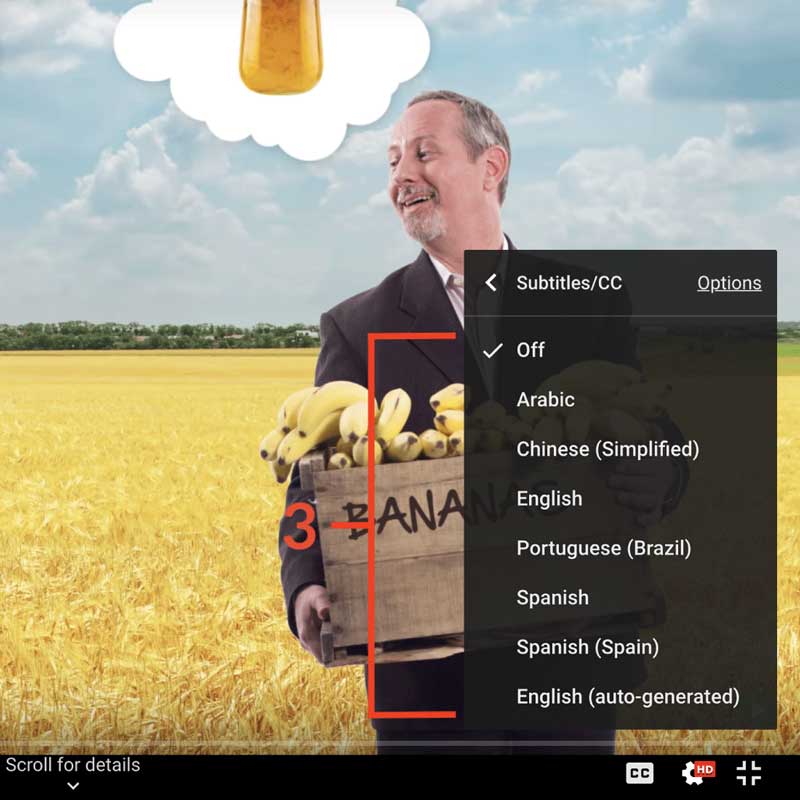Introduction to Microeconomics
Course Outline
Introduction to Microeconomics
Economics is much more than just numbers and graphs. In fact, we can use economics to explain much of what we encounter in our daily lives. For instance, why is customer service at your local restaurant usually better than that of the cable company? To find the answer we can take a closer look at the incentives at play. For another example, we look to eighteenth century Great Britain. What did bad incentives have to do with the death rate of prisoners shipped from England to Australia? Let’s find out together in this first video of MRU’s course on Principles of Economics: Microeconomics.
Teacher Resources
Related to this course
See all Teacher Resources related to this course
Transcript
I love economics. I began studying economics when I was 13 and I haven't stopped yet. Economics really has changed my life and the whole way I see the world. What's so powerful about the discipline is just how much it shapes how you understand everything around you.
But perhaps you're asking, what's my incentive to learn economics? Well, that's a great question. You've already hit on a key economic insight, incentives. For example, why is the service at a local restaurant typically so much better than from the cable company? - Or why do laws which supposedly protect endangered species, sometimes end up with more of those animals being killed? - Or why do big toy companies sometimes advocate for regulations which raise their costs? Incentives are the key.
Another example might help us explain. Way back in 1787, the British government hired sea captains to ship convicted felons to Australia. Conditions on those ships were just awful. On one voyage, more than one-third of the men died and the rest arrived beaten, starved and sick. The public was outraged, newspapers called for better conditions, the clergy appealed to the captains' sense of humanity, and British Parliament passed regulations requiring better treatment of these prisoners. Unfortunately, those attempted solutions simply didn't work. The death rate remained shockingly high.
So Tyler, as a good economist, how would you solve this problem? - Well, there was one economist at the time who came up with a novel solution. It was implemented and it basically worked. Instead of paying the captains for each prisoner who embarked to Australia, the government would pay the captains only for the prisoners who arrived alive. Overnight, the incentives of the sea captains changed. The survival rate of the prisoners shot up to 99%. As one observer put it, economy beat sentiment and benevolence.
So what's your incentive to learn economics? People hear that I'm an economist and they ask me about managing their money. And economics does have some lessons for investing in the stock market, but economics is much broader than that. It's the study of human action, how people make choices, and how they should make choices under scarcity. Economics will help you with your choices, whether picking a career, parenting a child, or deciding how much education is a truly worthwhile investment. Overall, economics will give you a deeper understanding of the key issues of our time.
Economics can be hard. Retraining your brain to look at the world in a different way, isn't always easy. But the reward is a new set of eyes to see the world. So are you ready to begin?
Subtitles
- English
- Spanish
- Chinese
- Hindi
- French
- Arabic
Thanks to our awesome community of subtitle contributors, individual videos in this course might have additional languages. More info below on how to see which languages are available (and how to contribute more!).
How to turn on captions and select a language:
- Click the settings icon (⚙) at the bottom of the video screen.
- Click Subtitles/CC.
- Select a language.


Contribute Translations!
Join the team and help us provide world-class economics education to everyone, everywhere for free! You can also reach out to us at [email protected] for more info.
Submit subtitles
Accessibility
We aim to make our content accessible to users around the world with varying needs and circumstances.
Currently we provide:
- A website built to the W3C Web Accessibility standards
- Subtitles and transcripts for our most popular content
- Video files for download
Are we missing something? Please let us know at [email protected]
Creative Commons

This work is licensed under a Creative Commons Attribution-NoDerivatives 4.0 International License.
The third party material as seen in this video is subject to third party copyright and is used here pursuant
to the fair use doctrine as stipulated in Section 107 of the Copyright Act. We grant no rights and make no
warranties with regard to the third party material depicted in the video and your use of this video may
require additional clearances and licenses. We advise consulting with clearance counsel before relying
on the fair use doctrine.



